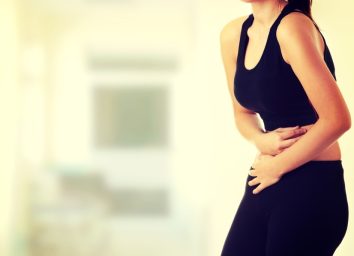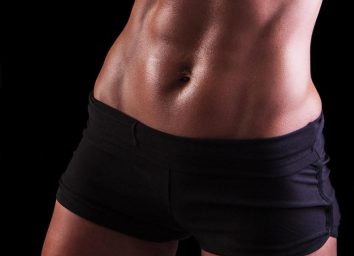The Best and Worst Sports Drinks for Teens
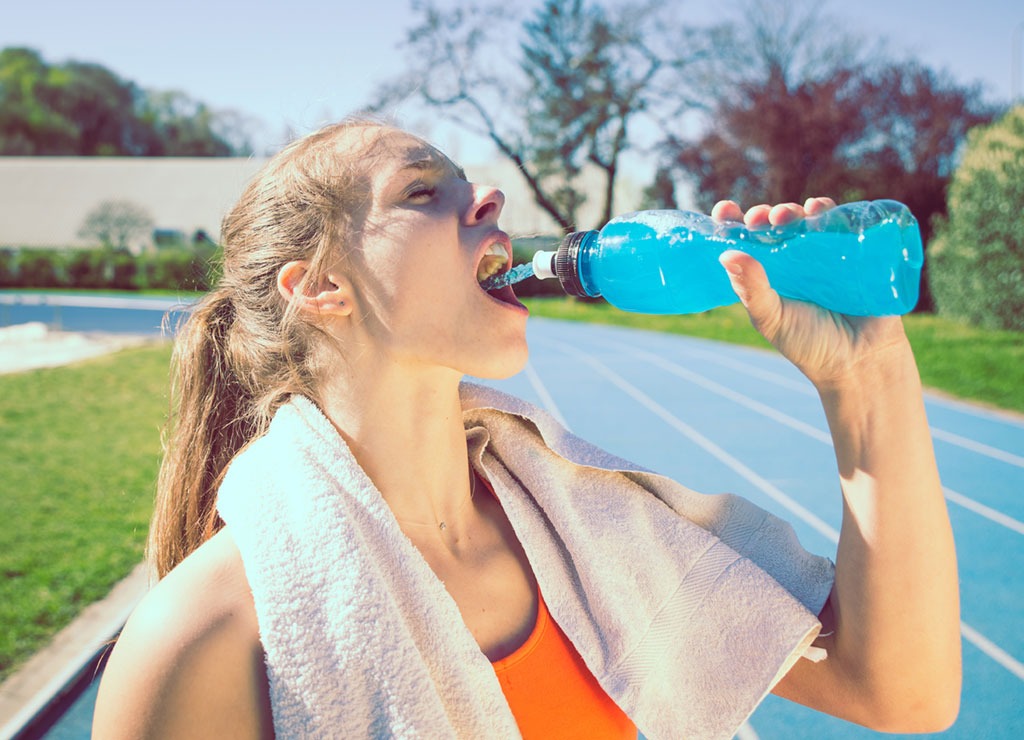
As a high school baseball player, I am always looking for the right drinks to keep me hydrated, recover from tough workouts and perform my best. My teammates and I guzzle drinks enhanced with electrolytes and vitamins that will supposedly give us the power to run faster, jump higher, and seemingly become an all-star in any sport.
But if you're a high school athlete or someone who just likes to work out, and not LeBron James, do you really need all the additives as we've been led to believe? To help answer that question, I teamed up with the researchers at Eat This, Not That! to find out, and here are the slam-dunk results.
The Worst
Gatorade
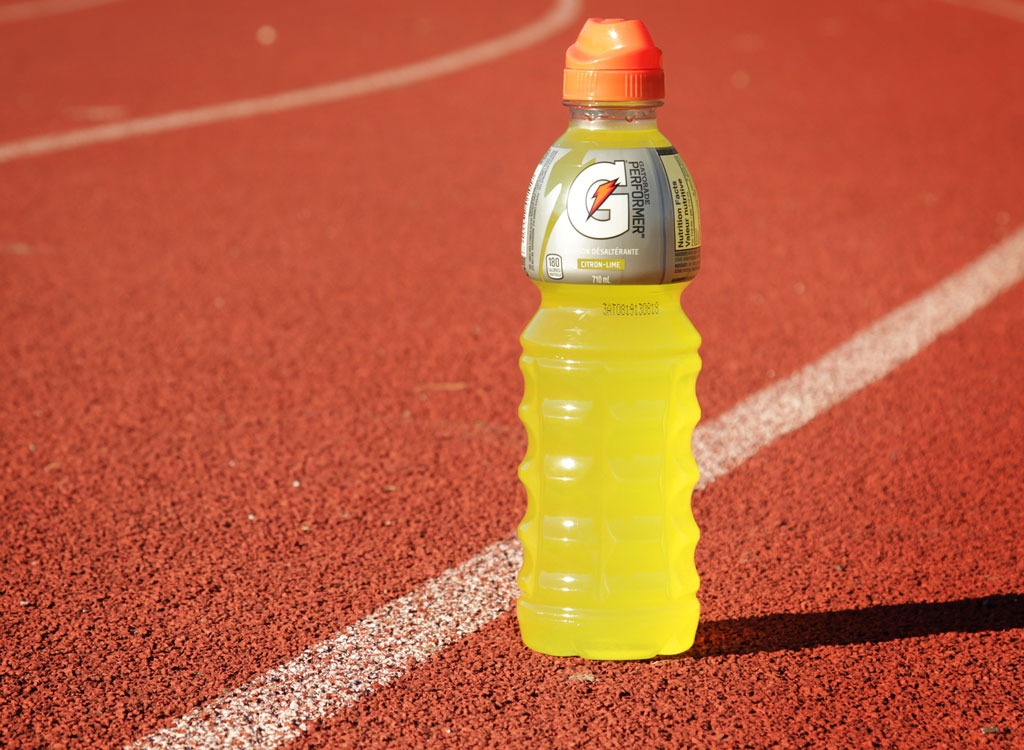
Per 20 oz serving: 140 calories, 270 mg sodium, 34 g sugar
Gatorade's neon colored bottles line the shelves of stores and are fixtures on the kid sport scene and in professional sports. At school, kids even drink them with lunch and during other after school activities. Not all these groups should be regular consumers. According to Ellen Levine, MS, RD, "Gatorade is beneficial after an intense workout longer than 60 minutes. Eight ounces is enough. Then, after every fifteen minutes of additional exercise, depending on how you feel, you can have another 6-8 ounces." A regular 32 ounce bottle of Gatorade contains 56 grams of sugar. So while Gatorade does replenish electrolytes lost to sweating, unless you are strenuously working out for over an hour, you are digesting extra sugars that the body doesn't need.
Powerade
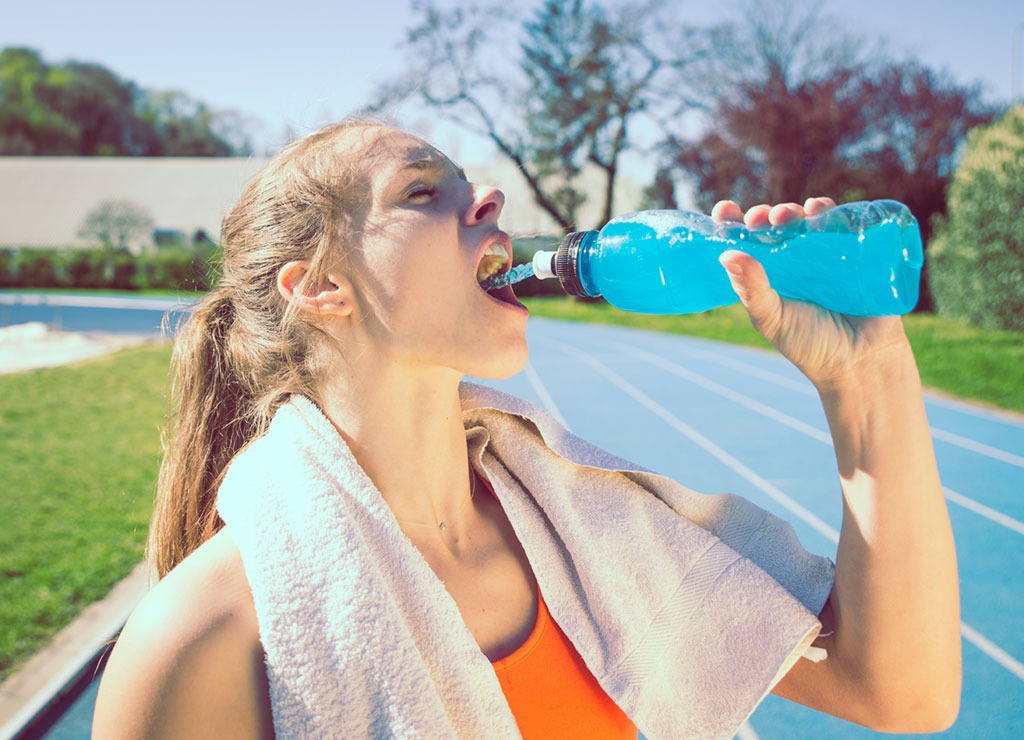
Per 20 oz serving: 130 calories, 250 mg sodium, 34 g sugar
Unlike Gatorade, which at least is made up mostly of water and sucrose, Powerade's second highest ingredient is high fructose corn syrup followed by artificial ingredients. And it also includes brominated vegetable oil which is a flame retardant chemical banned in Europe and Japan. Enough said. There's no reason to drink this stuff.
VitaminWater
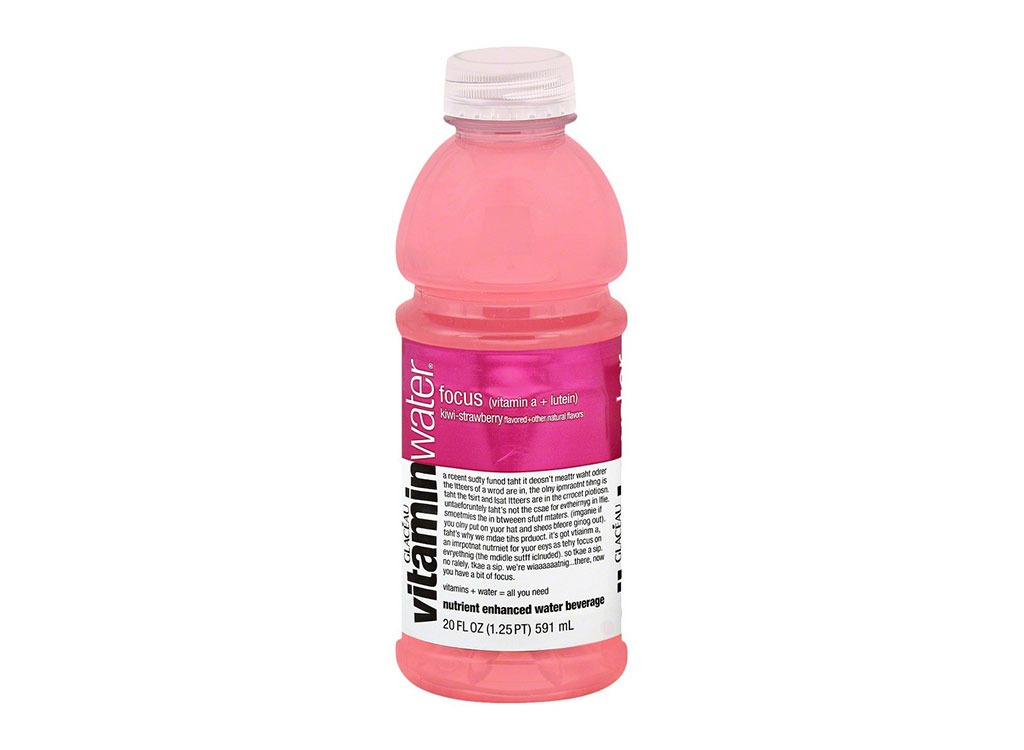
Per 20 oz serving: 120 calories, 0 g sodium, 31 g sugar
While I see mostly adults drinking vitamin enhanced waters, there are kids who pack them in their sports bags for post-workouts thinking the extra vitamins will do them good. But, according to Ellen Levine, like Gatorade, "they have large amounts of sugar so best to avoid other than those engaged in strenuous exercise for more than an hour." Most flavors of VitaminWater, for example, contain 120 calories and more than 30 grams of sugar per bottle.
Rockstar/Monster
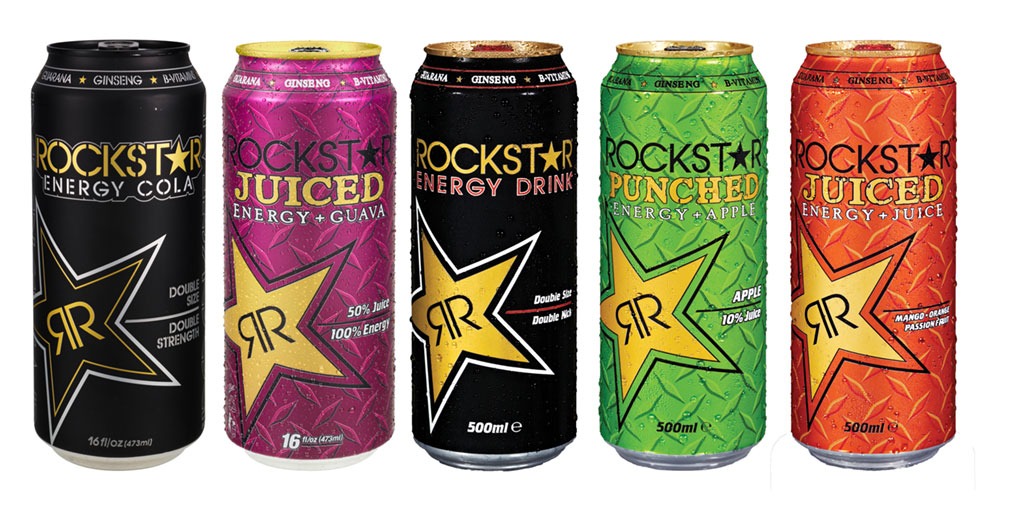
Per 16 oz serving: 130 calories, 35 mg sodium, 31 g sugar
I see these drinks—with their cool packaging and catchy names, in many of my team members' sports bags. But energy drinks should be last on the list of possible sources of hydration while exercising. Not only do they have tons of sugar (56 grams and more), they have other stimulants like guana seed extract and caffeine (Regular Rockstar contains 160 mg caffeine per 16-ounce can, while the Punched flavors contains 240 mg. A cup of coffee contains about 95 mg). While they might help you stay up the night before an exam, these drinks can lead to heart palpitations and heavy sweating when exercising.
Propel
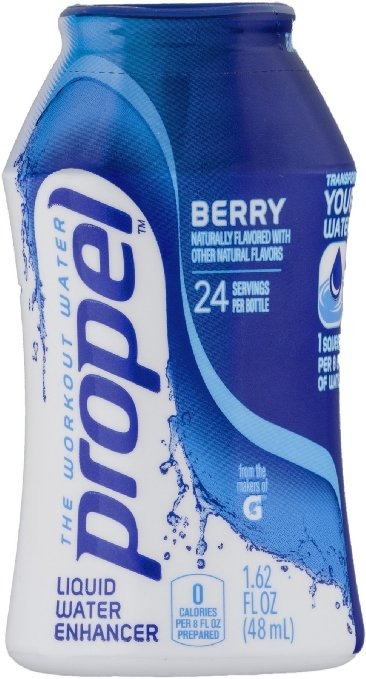
Per 12 oz serving: 0 calories, 160 mg sodium, 0 g sugar
Propel was created and marketed as a sports drink, but why drink water with chemicals added? First of all, it contains sucralose, an artificial sweetener that raises blood sugar, as well as sodium hexametaphosphate, potassium sorbate, calcium disodium and other chemicals that were created in a lab. Calcium disodium can block mineral absorption and sodium hexametaphosphate causes headaches. When it comes to water: Stay clear.
THE BEST
Horizon Organic 1% Chocolate Milk
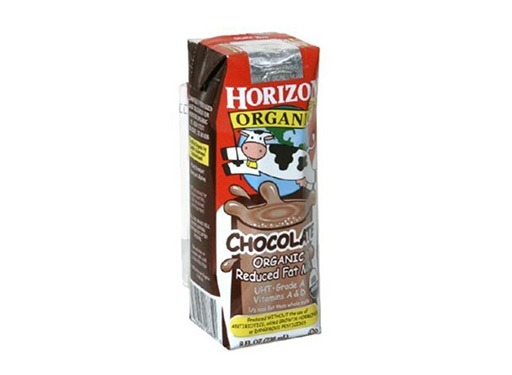
Per 1 cup serving: 170 calories, 150 mg sodium, 27 g sugar, 8 g protein
Although I can't see most of my teammates whipping out a box of chocolate milk post workout, according to nutritionist Ellen Levine, it's a great choice. It has double the protein and carbohydrate content of plain milk and sports drink, which can help with performance, and its calcium and high water content helps the body rehydrate and regain energy after a workout.
Vita Coco 100% Coconut Water
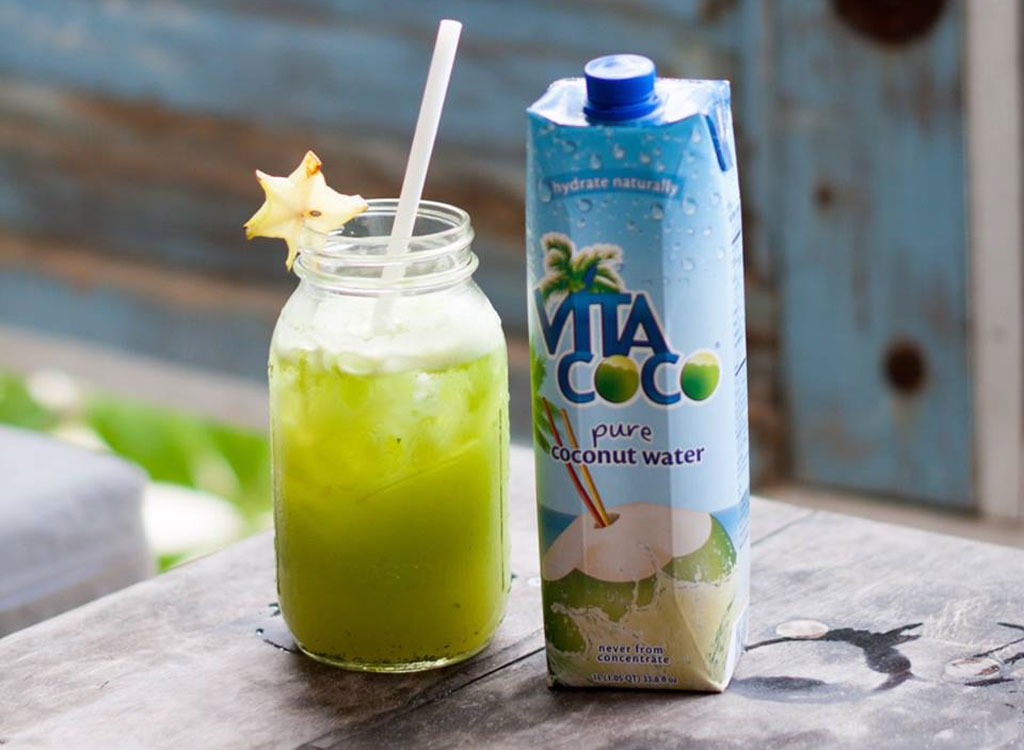
Per 8 oz serving: 45 calories, 25 mg sodium, 11 g sugar
Described by many as nature's sports drink, coconut water has been increasing in popularity for its health attributes. Coconut water contains calcium, magnesium, phosphorous, potassium and sodium which are the most common electrolytes in the body. Its low calorie count and nutritious content make it a great workout drink. I plan to add it as the liquid base in protein shakes. There are some producers who are making the drink from concentrate so make sure to buy all natural like Vita Coco.
Nuun Hydration Tablets
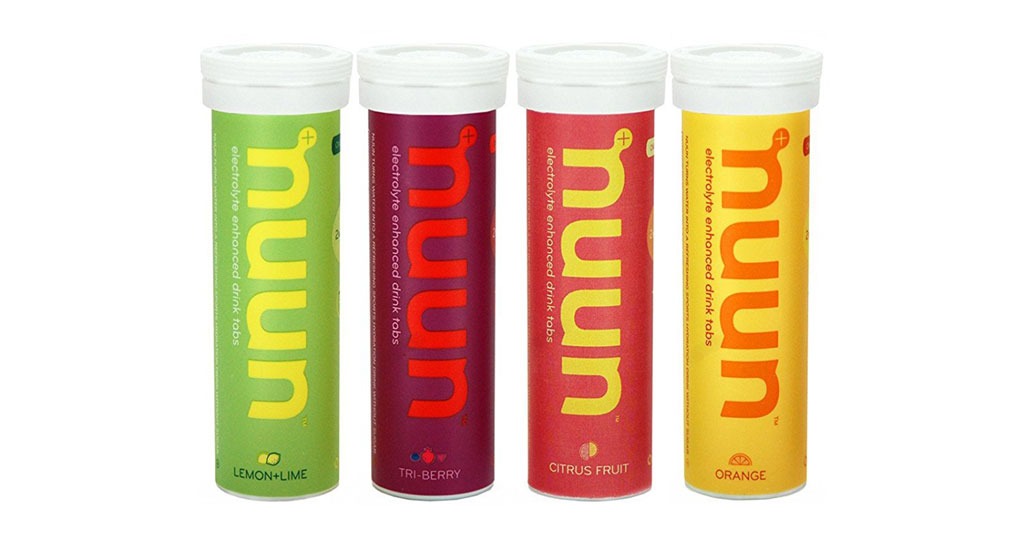
Per tablet: 10 calories, 360 mg sodium, 1 g sugar
Before researching for this article, I hadn't heard of these tablets and neither had any of my teammates. But now I'm thinking of throwing them in my bag. They come in a ton of flavors, are loaded with electrolytes (including magnesium and calcium whereas most sports drink only contain potassium and sodium), are sugar free and contain natural flavoring. The packaging is convenient, portable and environmentally friendly given its small size.
Protein Shakes
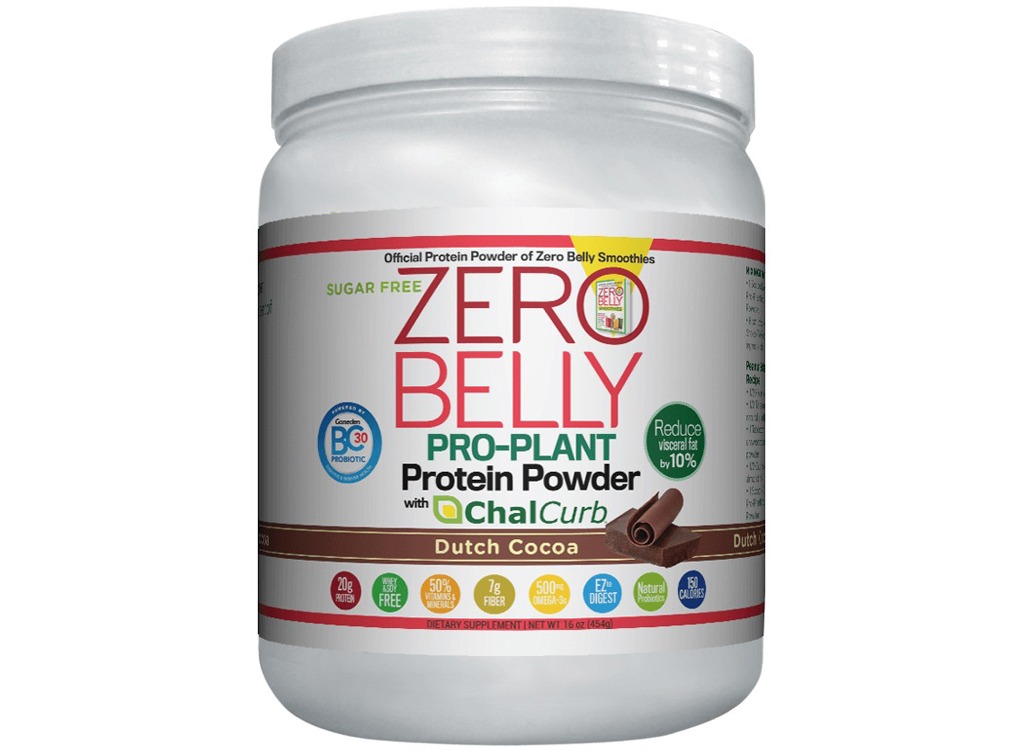
Nutritonals vary by brand, but for the Zero Belly Pro-Plant Protein Powder per 40 g serving: 180 calories, 100 mg sodium, <1 g sugar, 20 g protein
Protein shakes are a great way to repair muscles after a workout or lose fat. But they aren't that convenient. You can't prepare them before school and expect them to last for after school sports. But once you get home, they are a good choice. Throw in a banana, peanut butter, a scoop of protein powder and now some coconut water in a blender and you have a delicious, healthy shake. From muscle gain to energy in the morning there are a lot of healthy possibilities. Just make sure to choose one, like Promix, that has no artificial flavors, colors, sweeteners or preservatives. Or go for the best choice: a plant-based protein powder like Zero Belly Pro-Plant Protein Powder.
Water
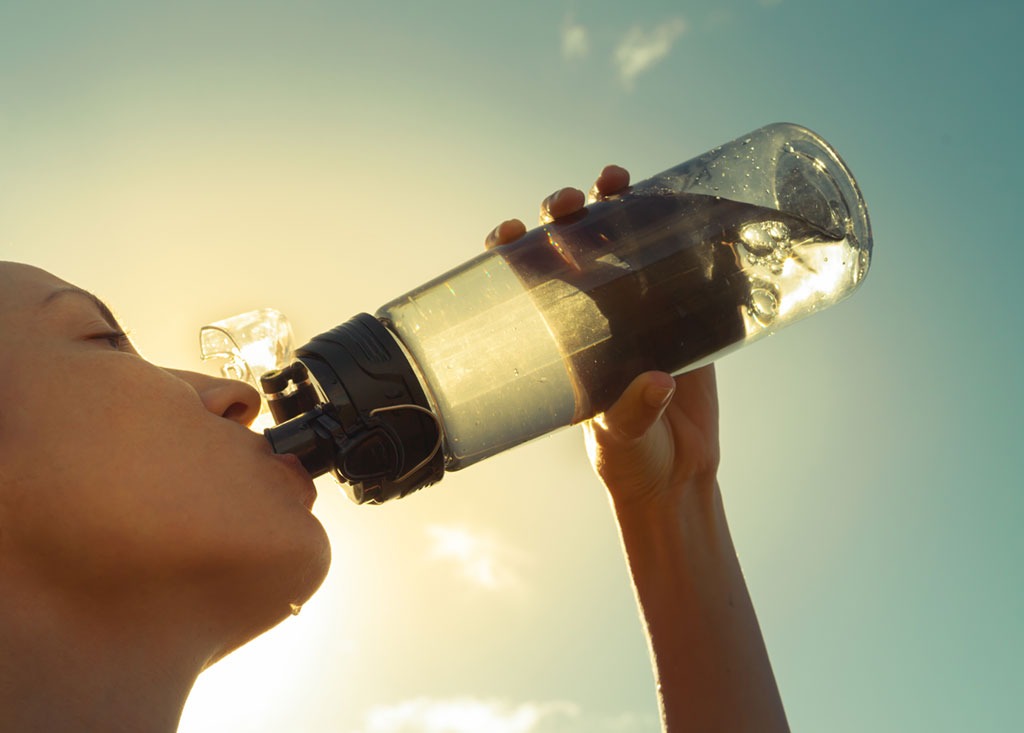
Instead of ingesting unnecessary sugars and artificial gunk that is in sports drinks, just drink plain old water. Water is lost through sweat so you need to replace it. Just taking an hour long walk in warm weather can make you lose over a pound of water. To stay hydrated, water before and during a workout is important. Water also helps your heart rate return to normal after a tough workout. And it prevents dehydration. So grab a bottle or two to drink before, during and after a workout. Or tap water will do just fine.
BOTTOM LINE:
If you are working out intensely for over an hour, as most high school athletes do, especially in season, consider one of the healthy drinks above. For the rest, stick with plain water.
